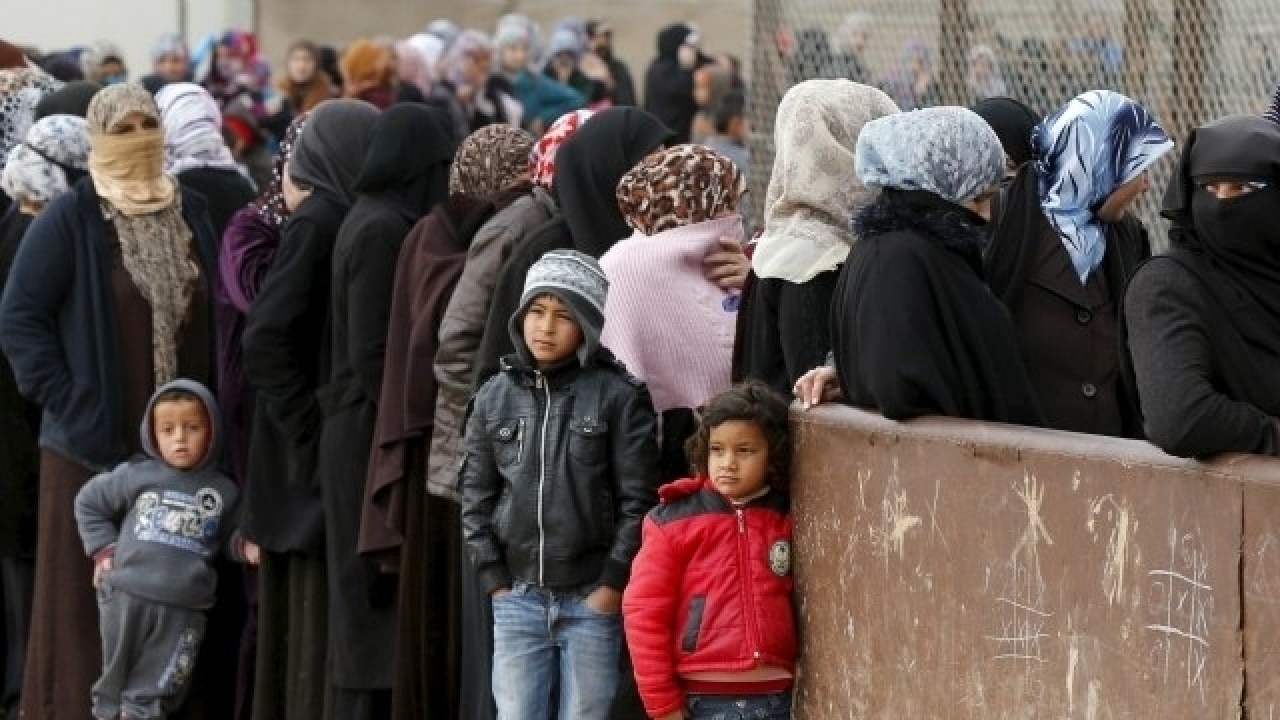
The United States and Russia, the former superpowers, have been working together to find a political solution to the Syrian crisis, with the US Secretary of State John Kerry meeting President Vladimir Putin, and his counterpart, Sergei Lavrov, in Moscow. The indication is that there is the recognition that the transition to a new government in Syria has to be through elections. This could either be a hint that Syrian President Bashar Al-Assad has a chance to fight in elections and survive, or it could provide him with a respectable exit route in case he loses in the polls. The Americans are keen Assad should be pushed out at least through the democratic process now that they have failed to overthrow him by providing arms to anti-Assad groups. The Russians are clearly on the side of Assad, but Moscow will have to be a nimble player to be able to protect the political interests of the Syrian President.
Interestingly, the United Nations Special Envoy, Staffan de Mistura, has been holding talks with both the Syrian government and opposition groups, and he seems optimistic that the two sides are talking to each other and that the hopes for an acceptable solution are quite bright. Of course, the UN-led talks among the Syrian groups are underwritten by the US and Russia.
Meanwhile, the Syrian government forces have been able to recapture the important and historic town of Palmyra with the help of Russian air support. At the same time, the Americans have announced that their special forces in Syria have killed the Islamic State’s (IS) second-in-command Hajji Iman. There is evidence that the IS are being pushed back. But the victory on the battlefield against the Islamic extremists would not be sufficient unless a political solution involving the Syrian government and opposition groups emerges.
There is no doubt that Assad and his Ba’ath Party colleagues take a dim view of the manner in which democracy is being sought to be imposed in Syria, through American arms and funding. There is also the deep suspicion in the Assad regime that Saudi Arabia has played an indirect role in supporting the IS in fighting the sectarian war against Assad’s dominant, minority Alavite sect. But Assad and his Ba’ath Party had none but themselves to blame because they did not respond to the spontaneous protests against the regime in March 2011. Representatives of the Ba’ath Party still refuse to accept that they had led an autocratic regime for 40 years, and that change was overdue. But the transition to democracy in Syria has come at a heavy price: 250,000 dead and 11 million displaced.
There is the distinct possibility that many of the Syrian groups would like to seek special status and to achieve that they will seek the intervention of the US and the UN. This will lead to the fragmentation of the polity which is likely to weaken the political structure that is to replace the Assad regime. This is a danger that the Syrian groups have to guard themselves against. This will require for the different groups to accommodate each other’s legitimate demands and present a united Syrian front. If they are to jockey for power, something that the Americans and others would only be too eager to encourage, this would lead to an unstable future. This is the lesson to be learned from Iraq, where the Shia majority after the war has not been able to keep the minority Sunnis on its side.